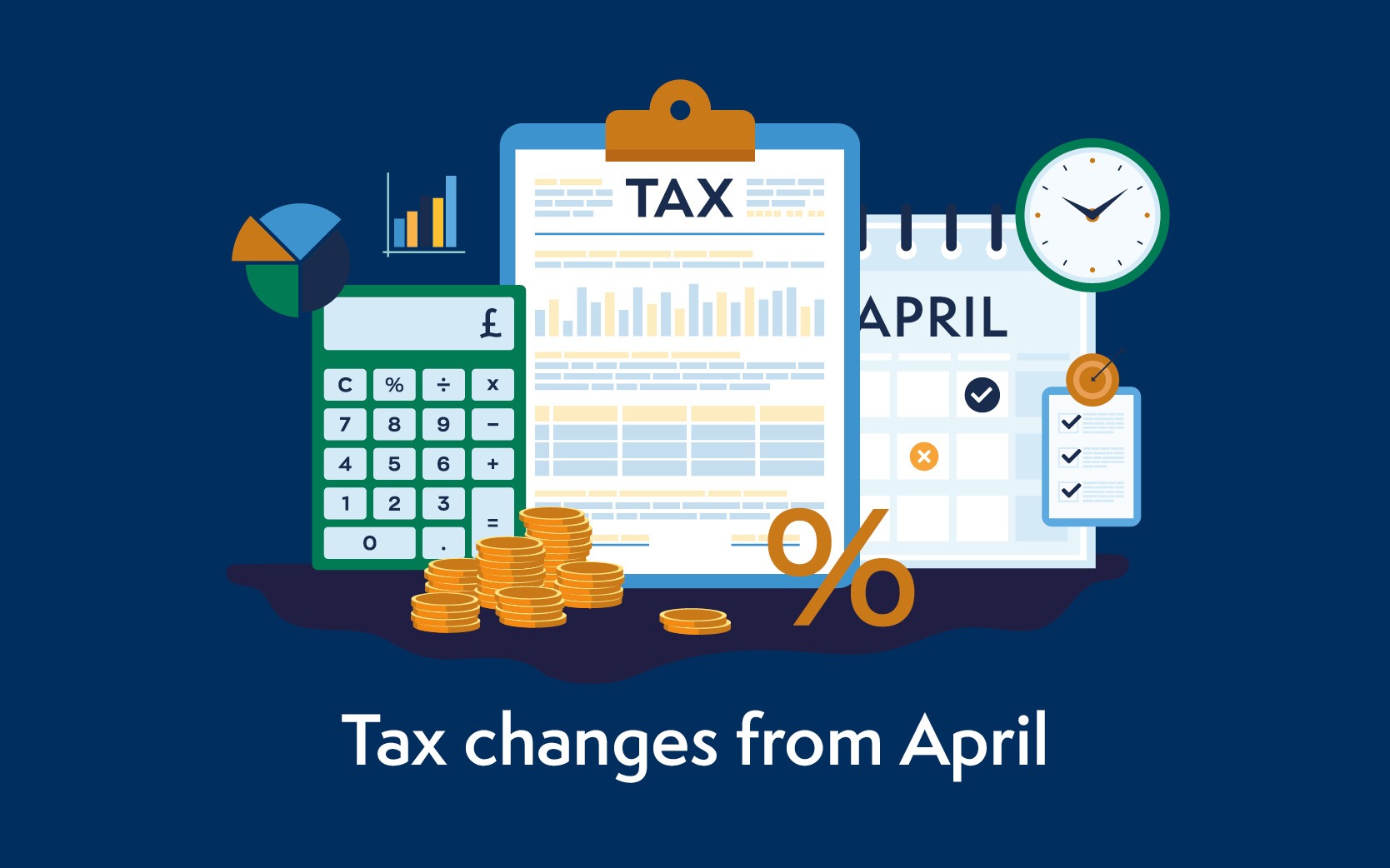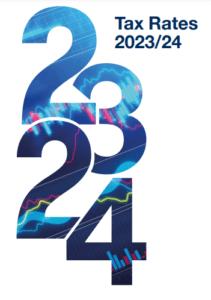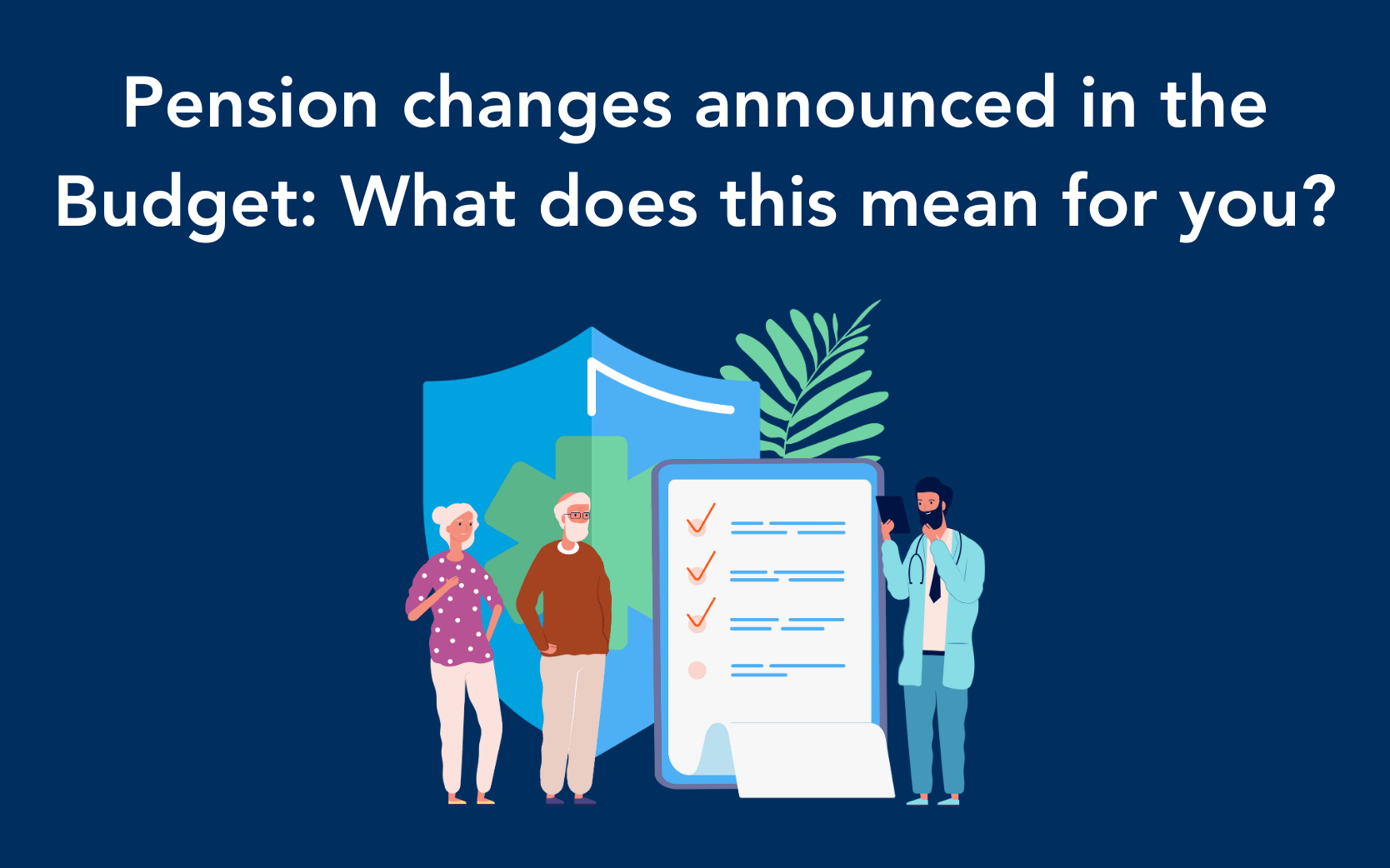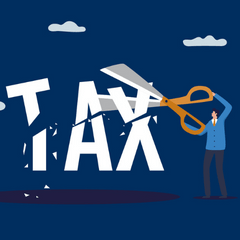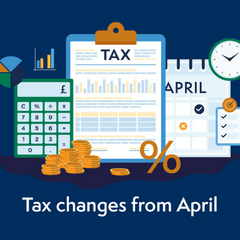The budget on 15 March comes after a year when the UK has had three Prime Ministers. What is scarcely remembered though is that the UK has had four Chancellors of the Exchequer in the same period. And each one has had a different view on tax.
Rishi Sunak, as Chancellor, was all about paying back the debt that ballooned under COVID-19 and so he raised taxes. Nadhim Zahawi led the Treasury while we changed Prime Ministers – for the first time. Kwasi Kwarteng’s short period in office – the second shortest since the Second World War – cut tax to boost growth.
And Jeremy Hunt has had stability as his goal as the nation transitioned from Liz Truss to Sunak as Prime Minister. His fiscal policy has aimed to “show the world, show the markets that we are a responsible nation, that we can pay our way, that we can balance our books.”
After a tumultuous year for British politics and the economy, we recap how taxes will change from April.
For full details of individual and business tax rates click on the report below.
Corporation tax will rise
Newspapers have recently expended much black ink on corporation tax – this is set to increase in April from 19% to 25% where profits exceed £250,000.
Since the Autumn Statement, a trio of former Chancellors, George Osborne, Philip Hammond and Kwasi Kwarteng, have warned against this tax rise. The telecoms giant, BT, has said that the move is “anti-investment” and the pharmaceutical firm, AstraZeneca, blamed the tax regime for its decision to build a new facility outside the UK.
Despite the clamour for Hunt to change course, he has said that “it is unlikely that we would have the room for any significant tax cuts” in the Budget. As a result, corporation tax will now increase to 25%.
People will pay more income tax
Personal taxation has grabbed most of the headlines. Many commentators have alluded to the UK tax burden reaching its highest level for 70 years.
With the appointment of Hunt as Chancellor, he has now settled on key changes to income tax. The main one is the increased income tax for higher earners. The additional rate threshold (ART) will fall from £150,000 to £125,140 from 6 April and those earning above that will now pay 45% income tax from April.
And then the concept of “fiscal drag” has returned. Income tax thresholds, due to increase in 2025-26, will now be frozen until April 2028. This will draw more people into the higher income tax brackets as their pay increases. And with inflation high, it is inevitable that more people will fall into higher tax bands.
This fiscal drag extends to inheritance tax too as the threshold will remain at £325,000 until 2028. Other allowances will fall: from April, Capital Gains Tax exemption will be cut from £12,300 to £6,000. In 2024, it will fall further to just £3,000. The tax free allowance on dividends will be reduced from £2,000 to £1,000 in April, and then to £500 in 2024.
Against a backdrop of National Insurance rate changes in 2022, this tax should see no changes in 2023. As with income tax, the NIC primary threshold for employees and the Class 2 Lower Profits threshold for the self-employed will be frozen until April 2028.
And Making Tax Digital is delayed
The Government has described its Making Tax Digital (MTD) programme as a key part of its “plans to make it easier for individuals and businesses to get their tax right and keep on top of their tax affairs.” As with many public sector IT programmes, it has experienced delays.
Last year’s political and fiscal changes even impacted MTD with the Government announcing that it would extending the time to implement MTD for Income Tax Self-Assessment (ITSA). Originally, HM Revenue & Customs (HMRC) planned to implement MTD in 2024. Now the date has been pushed back with HMRC commenting that it is to give taxpayers more time to prepare for the biggest change in individual taxation for 30 years. Some cynics though have suggested HMRC needs the extra time more.
The changes mean that MTD for ITSA will now apply to sole traders and landlords from April 2026 for those with an income over £50,0000 and from April 2027 for those with income between £30,000 and £50,000. HMRC has launched a review for those with an income under £30,000 – however, there will be no roll out to this group before 2027. Finally, MTD for ITSA will not apply to general partnerships in 2025 as previously planned.
Most will be able to join MTD voluntarily. The changes HMRC has outlined do not impact the proposed change in basis period that will impact sole traders, general partnerships and LLPs. This will still be implemented in 2024 as planned.
Tax cuts coming soon?
With all of these changes, Hunt is on record as saying the best tax cut I can give the British people is to halve inflation”, remarking that he will only reduce taxes “when the time is right.” And for now – with Government borrowing still high – it appears now is not that time.
How can we help?
As the UK tax regime continues to evolve, Foxley Kingham can help you navigate these changes.
We have a range of tax services that can help steer your company. We can also advise individuals on how these will affect their tax affairs too.
Above all, our services are flexible, personal and geared to maximise your financial health. We are passionate about supporting our customers and the business community. We work together with the same drive and determination as if it were our own business or tax affairs.
Contacting Foxley Kingham – the next steps
If you are impacted by any of the changes we have outlined, you can contact the accountants at Foxley Kingham for a free consultation call when you can discuss your requirements and options in confidence.


